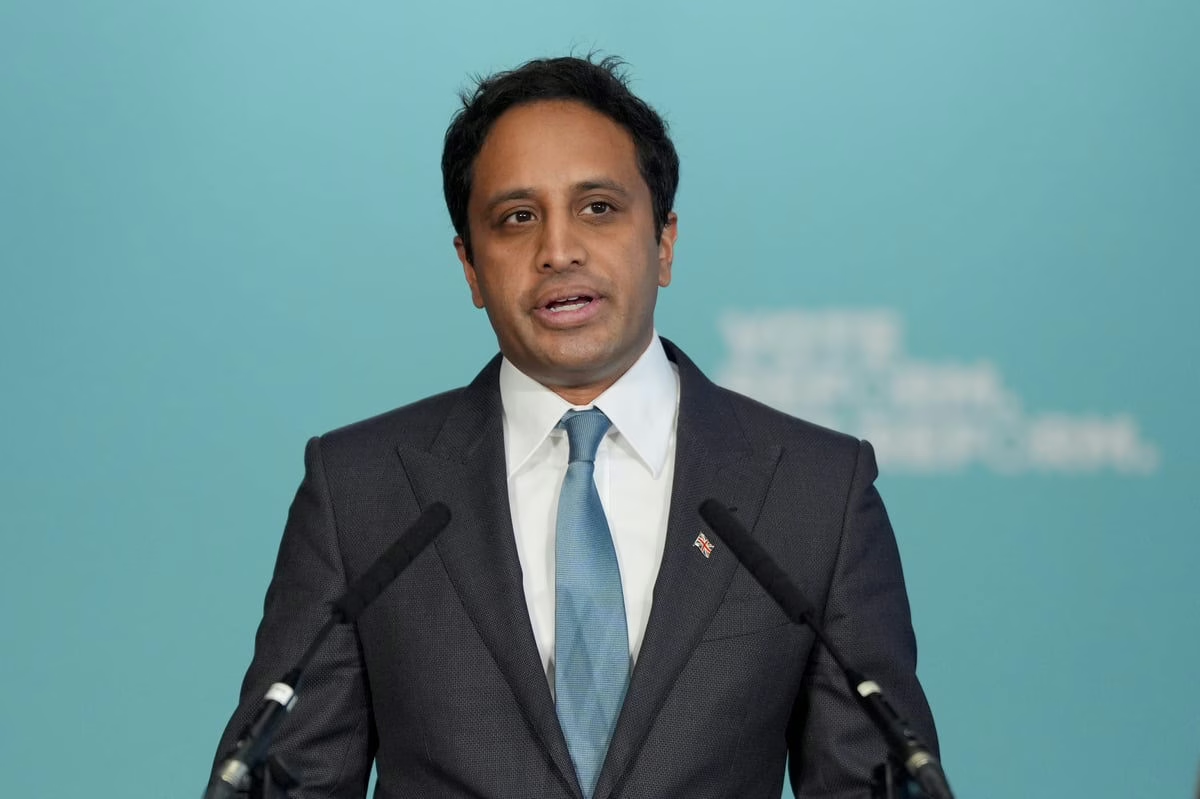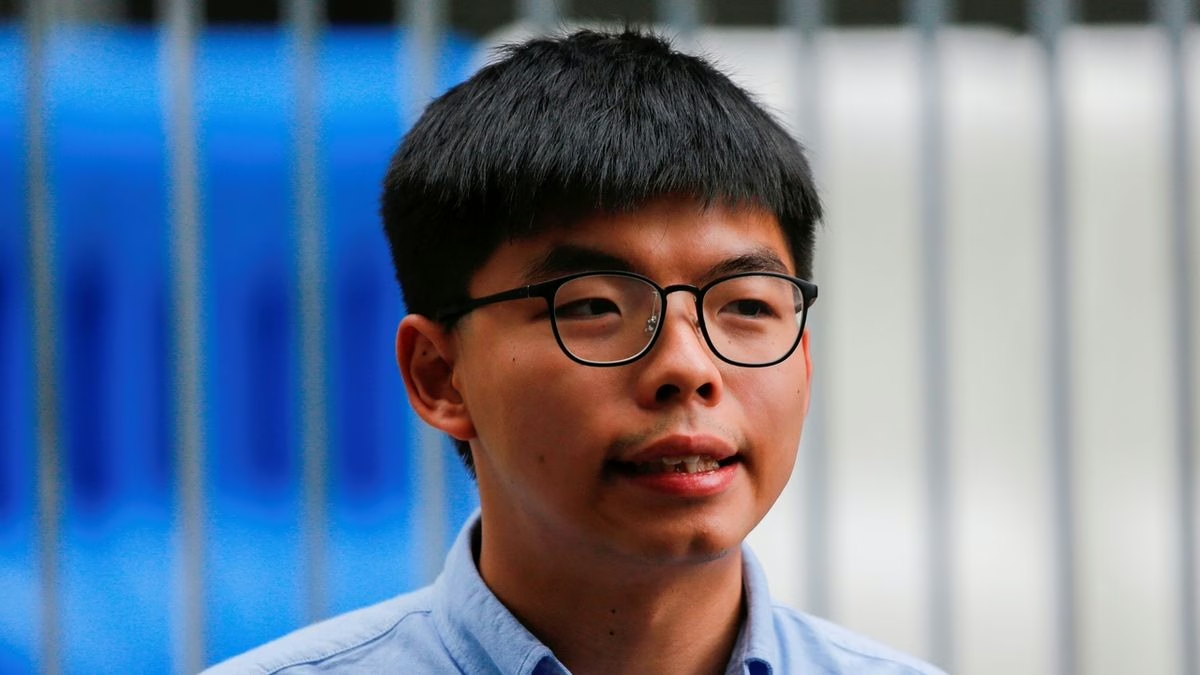In a bombshell announcement, Reform UK Chairman Zia Yusuf abruptly resigned on 5 June via a post on X, ending his 11-month tenure. The shock exit stems from a fiery row sparked by new MP Sarah Pochin’s call in Parliament to ban the burqa, exposing deep rifts within Reform UK over policy and leadership. The fallout has thrown the party into disarray, raising questions about Nigel Farage’s grip on the helm.
Sarah Pochin: From Rising Star to Flashpoint
Sarah Pochin, Reform UK’s newest MP, made headlines after winning the Runcorn and Helsby by-election in Cheshire in May 2024, overturning Labour’s 14,696-vote majority to become the party’s fifth MP. A former Conservative councillor and magistrate with a legal background, Pochin is known for her outspoken style. On 4 June 2025, during Prime Minister’s Questions (PMQs), she ignited controversy with her debut question, pressing Prime Minister Keir Starmer to follow France, Denmark, and Belgium in banning the burqa for “public safety” reasons. “If the Prime Minister wants closer ties with European allies, will he ban the burqa for safety, as France, Denmark, and Belgium have done?” she asked, prompting cries of “shame” from opposition MPs and highlighting the issue’s volatility.
Pochin later clarified on X that her question was inspired by suggestions from a public call for ideas, stating, “Thanks to all who sent suggestions for PMQs.” Reform UK quickly distanced itself, stressing that a burqa ban is not official party policy but merits “national debate”. Party whip Lee Anderson backed Pochin, declaring, “No one should hide their identity in public.” Nigel Farage, speaking on GB News, doubled down, arguing the burqa debate ties into broader issues of security and cultural integration, including concerns over masked protesters. Pochin’s question, while resonating with the party’s hardline base, has clearly exposed tensions within Reform UK’s ranks.
Yusuf’s Exit: Burqa Row as the Final Straw
Zia Yusuf, a British Muslim, was incensed by Pochin’s question, branding it “dumb” on X and slamming the party for pushing a policy it doesn’t formally endorse. “I had no knowledge of this question or the party’s stance—it’s nothing to do with me, I’m busy with other matters,” he fumed. His resignation statement was blunt: “I no longer believe working for a Reform UK government is a productive use of my time.”
Insiders reveal Yusuf’s exit wasn’t solely about the burqa row. The former Goldman Sachs banker’s “Wall Street” management style clashed with Reform UK’s political culture, sparking friction with MPs like Rupert Lowe, who blasted Yusuf on X as “lacking political experience yet wielding too much power”. Yusuf’s role had been increasingly sidelined, with key duties reassigned to Farage’s GB News colleague Aaron Lobo. He was tasked with leading Reform UK’s “Doge” initiative, auditing local government spending to cut waste—a project now in jeopardy following his departure. As a Muslim, Yusuf also faced online attacks over his faith, with the burqa controversy likely deepening his frustration. In a domino effect, Nathaniel Fried, head of the Doge project, also resigned, stating, “Zia brought me in, and it’s right I leave with him.”
Reform UK in Crisis: Internal Feuds and External Jabs
Yusuf’s departure is a body blow to Reform UK. Since taking the chair in July 2024, he boosted the party’s support from 14% to 30%, quadrupled membership, and delivered a by-election win, two mayoral posts, and 677 new councillors in the May 2025 local elections. Farage hailed him as a “huge contributor” but couldn’t paper over the cracks. Pochin’s question, backed by hardliners like Anderson and Lowe, clashed with Yusuf’s moderate stance, laying bare the party’s divide over cultural and immigration issues.
Opposition parties pounced. A Labour spokesperson sneered, “If Farage can’t manage five MPs, how can he run a country?” Lib Dem deputy leader Daisy Cooper quipped that Yusuf’s exit was “leading by example” in cutting costs, a jab at his Doge project. The resignations threaten Reform UK’s local government reform agenda, with the Doge initiative now rudderless. With the 2026 local elections looming, the party’s momentum could stall if internal splits persist.
No successor has been named, though Farage allies Andy Wigmore and Arron Banks are tipped as frontrunners. Reform UK faces a critical test to unify its factions and clarify its policy stance to maintain its growing clout.
Conclusion
Sarah Pochin’s burqa ban question, rooted in public suggestions but unsupported by official policy, detonated Reform UK’s internal fault lines. Zia Yusuf’s resignation, triggered by this row and compounded by his marginalisation and party infighting, has plunged the party into chaos. As Nigel Farage scrambles to steady the ship, Reform UK’s ability to navigate this storm will shape its prospects in 2026 and beyond.
Discover more from “Bridging Hongkongers. Reporting Truth.”
Subscribe to get the latest posts sent to your email.




